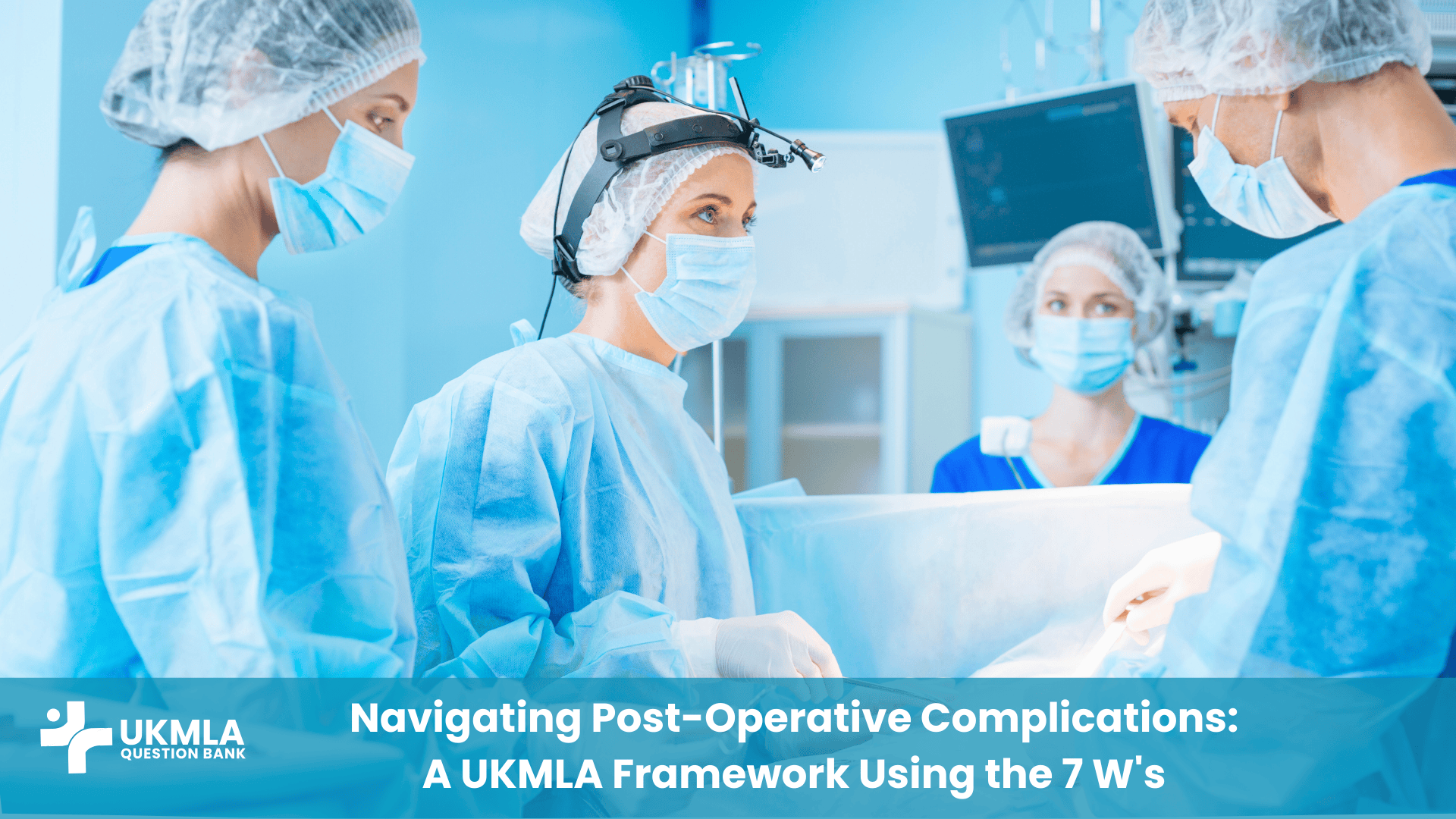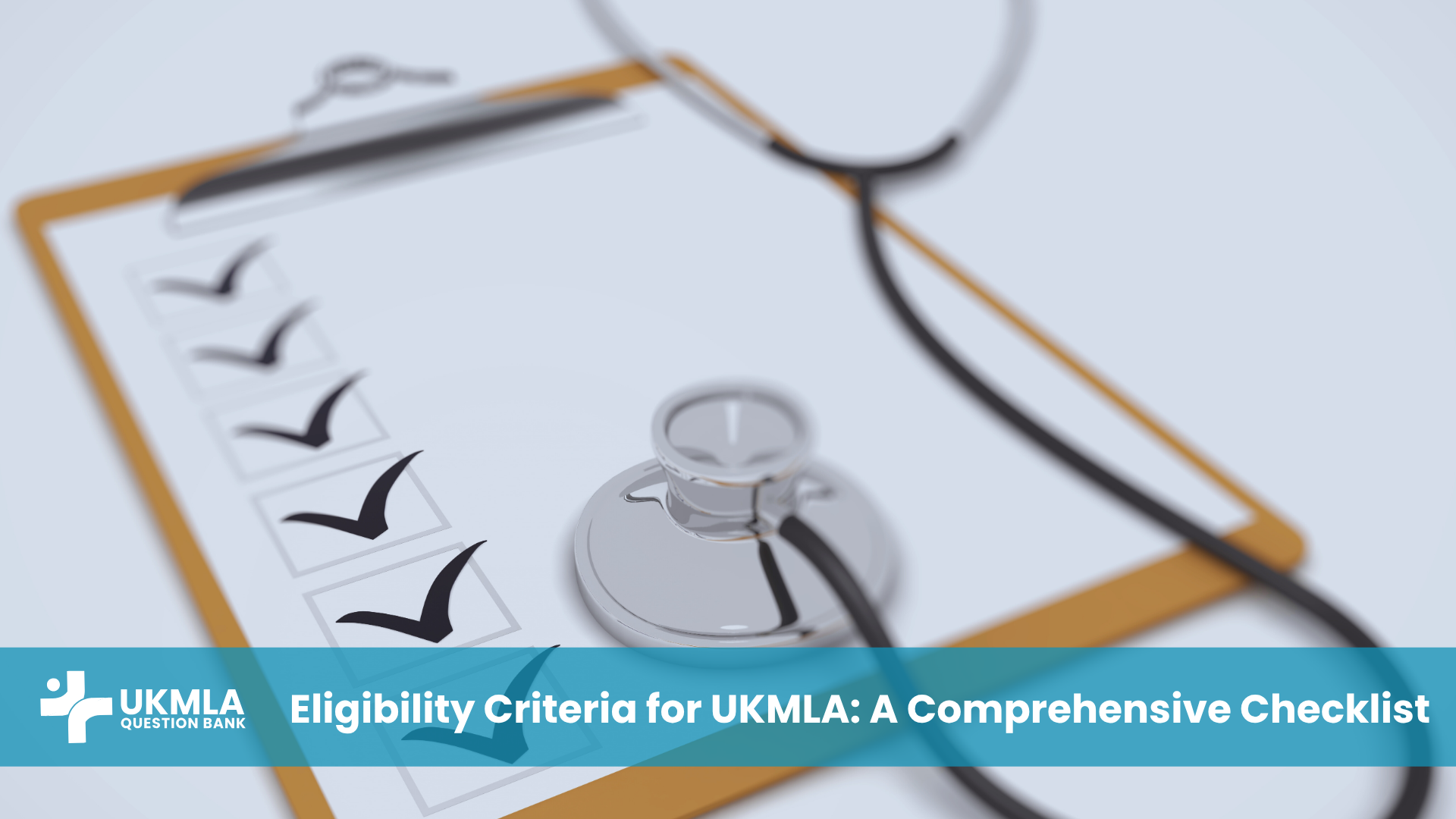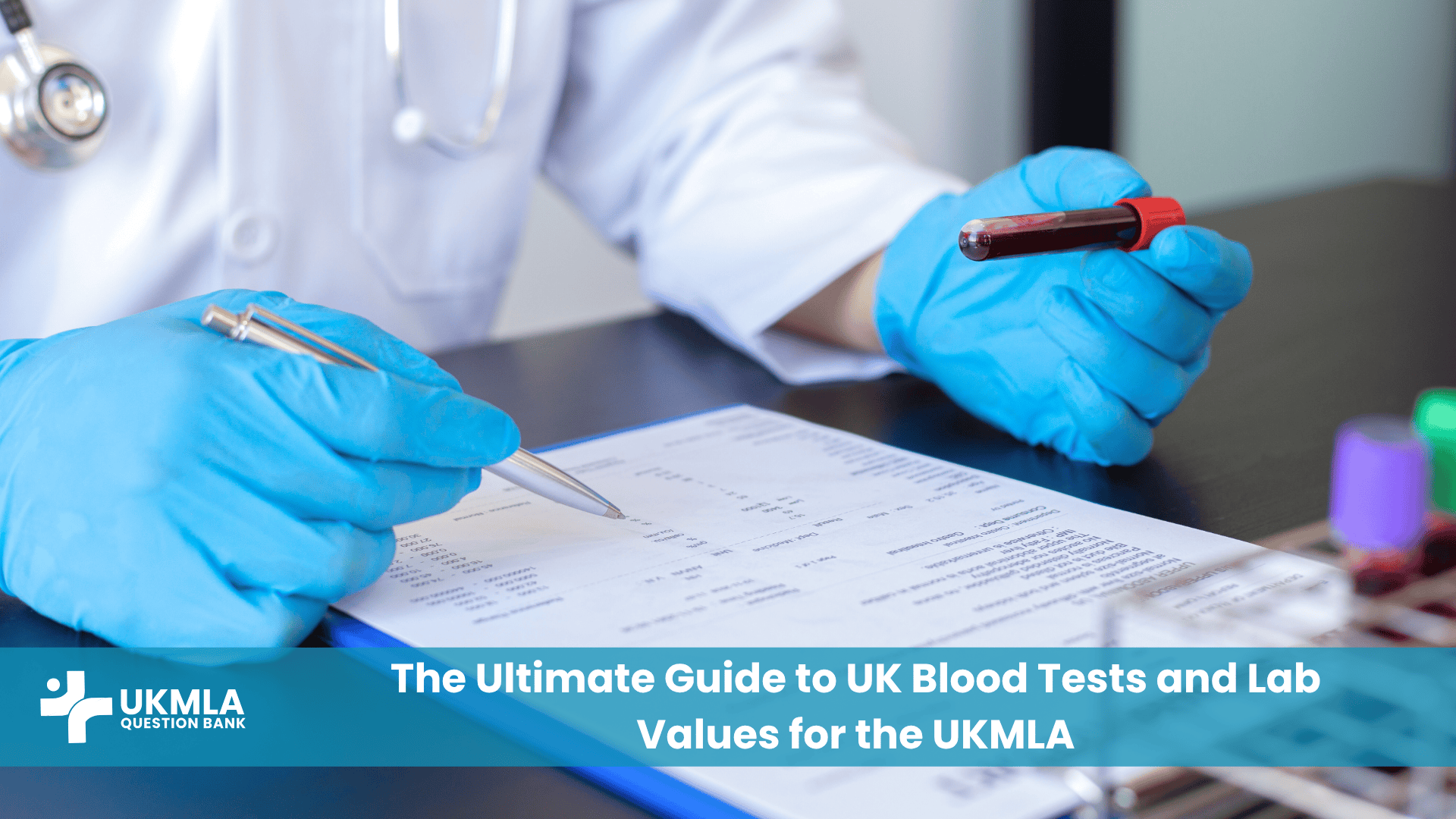The UK Medical Licensing Assessment (UKMLA) is a new exam introduced by the General Medical Council (GMC) to ensure the standardisation of evaluations for medical professionals who want to practice legally in the UK. Understanding the specific UKMLA eligibility requirements is the first critical step for all aspirants. This exam will ensure that doctors educated within the UK or abroad meet the same requirements for competence. This important change affects UK medical graduates as well as foreign medical graduates (IMGs). However, who is the best candidate to sit for the UKMLA? Let’s take a look at the details of UKMLA eligibility.
Understanding the UKMLA
A clear grasp of the UKMLA itself is foundational to understanding UKMLA eligibility.
What is the UKMLA?
The UKMLA is a standardised licensing examination set to replace the previous PLAB (Professional and Linguistic Assessment Board) exam for IMGs. It is also required for UK medical students before they are eligible for official registration with the GMC. Determining your UKMLA eligibility path starts here.
Why is the UKMLA Being Introduced?
The GMC introduces the UKMLA to make sure that medical professionals, regardless of where they were trained, meet the highest standards in expertise and knowledge. This test will ensure patient safety and increase the legitimacy associated with the UK medical system. The unified standard also simplifies the understanding of overall UKMLA eligibility.
Who Needs to Take It? (Core UKMLA eligibility groups)
The UKMLA is compulsory for:
UK medical students who graduate from 2024 or later.
International Medical Graduates (IMGs) seeking GMC certification to practice in the UK.
In the case of UK students, this test is incorporated into the final assessments at medical school. For those who are IMGs, the UKMLA replaces the PLAB test and will serve as their main licensing exam, with specific UKMLA eligibility criteria they must meet.
UKMLA Eligibility Criteria for UK Medical Graduates
If you’re studying medicine at a UK institution, you are required to take the UKMLA to fulfill the requirements for your degree. Your institution will incorporate both the Clinical and Professional Skills Assessment (CPSA) into your curriculum, and the Applied Knowledge Test (AKT) is a nationally-standardised test. The UKMLA eligibility for UK graduates is generally tied to their enrollment and progression in a UK medical school.
UKMLA Eligibility Criteria for International Medical Graduates (IMGs)
IMGs who want to practice in the UK must satisfy the following conditions to meet UKMLA eligibility:
An official medical certificate from a medical institution that is listed within the World Directory of Medical Schools (WDOMS).
Evidence of English language ability (IELTS OR OET).
Successful completion of all required clinical experiences according to the GMC.
The UKMLA assures that all IMGs go through the same thorough examination as UK medical students, ensuring an equal and consistent standard for all doctors within the UK. Meeting these aspects of UKMLA eligibility is crucial for IMGs.
UKMLA vs. PLAB for IMGs: Understanding the Shift in Eligibility
At present, IMGs take the PLAB test to get registered with the GMC. From 2024 onwards, the PLAB is gradually being eliminated and replaced with the UKMLA. While the PLAB was primarily focused on clinical skills, the UKMLA includes a wider examination of both theoretical and practical abilities, impacting how UKMLA eligibility is approached compared to PLAB.
UKMLA Exam Structure
Understanding the exam structure is part of comprehending the full scope of UKMLA eligibility and preparation. The UKMLA is comprised of two parts:
1. Applied Knowledge Test (AKT)
An online multiple-choice examination that tests the candidate’s ability and knowledge to use medical principles within clinical practice.
Exams are conducted at test centers approved by the governing body.
2. Clinical and Professional Skills Assessment (CPSA)
Practical assessment of clinical skills using OSCE stations.
The course is held inside UK medical faculties for students, as well as at GMC-approved centers for IMGs.
Preparation for the UKMLA (Post-Eligibility Confirmation)
Once UKMLA eligibility is confirmed, preparation is key.
Recommended Study Resources
GMC guidelines and syllabus.
Mock tests and question banks.
Clinical case studies and OSCE practice documents.
Medical school curriculum supports.
Study Tips
Concentrate on high-yield topics covered by the GMC blueprint.
Test your knowledge with past questions as well as full-length mock tests.
Take part in clinical settings and develop skills through hands-on practice.
Impact of the UKMLA on Medical Careers
The launch of the UKMLA has significant impacts for medical professionals as well as IMGs. In setting up a universally accepted standard for all medical professionals, the UKMLA increases the trustworthiness of UK medical practice, allows for the highest quality of patient care, and helps to create a transparent examination system for foreign-trained doctors. This standardized approach to UKMLA eligibility and assessment is central to its impact.
Frequently Asked Questions (FAQs) about UKMLA Eligibility
For IMGs, it’s ensuring your medical school is listed in WDOMS and recognized by the GMC. For UK students, it’s being enrolled in a UK medical school program that incorporates the UKMLA.
No, UKMLA is primarily for UK medical students graduating in the academic year 2024-2025 onwards. Those who qualified before this period follow different routes to registration.
This means your qualification is likely not acceptable for GMC registration or UKMLA eligibility. You would need to contact the GMC directly for clarification.
No, there is no specific upper age limit for UKMLA eligibility, provided you meet all other medical and professional criteria.
Typically, these tests have a validity period of two years. Your certificate must be valid when you apply for GMC registration.
While USMLE demonstrates medical knowledge, it does not directly grant exemption from UKMLA or alter the core UKMLA eligibility criteria for GMC registration in the UK.
The GMC may have specific guidance or considerations for doctors with refugee status. It’s essential to contact them directly to discuss individual circumstances regarding UKMLA eligibility.
Generally, you must have completed your medical degree to meet UKMLA eligibility for the AKT as an IMG. UK students take it in their final year.
Specialist qualifications are considered separately for specialist registration with the GMC. UKMLA eligibility is primarily for provisional registration to enter roles like the Foundation Programme. You might have other routes depending on your specialty.
Not necessarily. Exam places, especially for the CPSA, can be limited. Early registration once your UKMLA eligibility is confirmed and you are ready is crucial.
Conclusion: Navigating Your UKMLA Eligibility and Beyond
The UKMLA is a major first step toward achieving uniform medical licensing within the UK. It is important that both UK graduates and IMGs prepare properly for this exam to be successful. Being aware of the UKMLA eligibility requirements, the exam structure, and preparation strategies will assist future doctors in navigating this new procedure effectively and securing their position as doctors in UK medical clinical practice.




